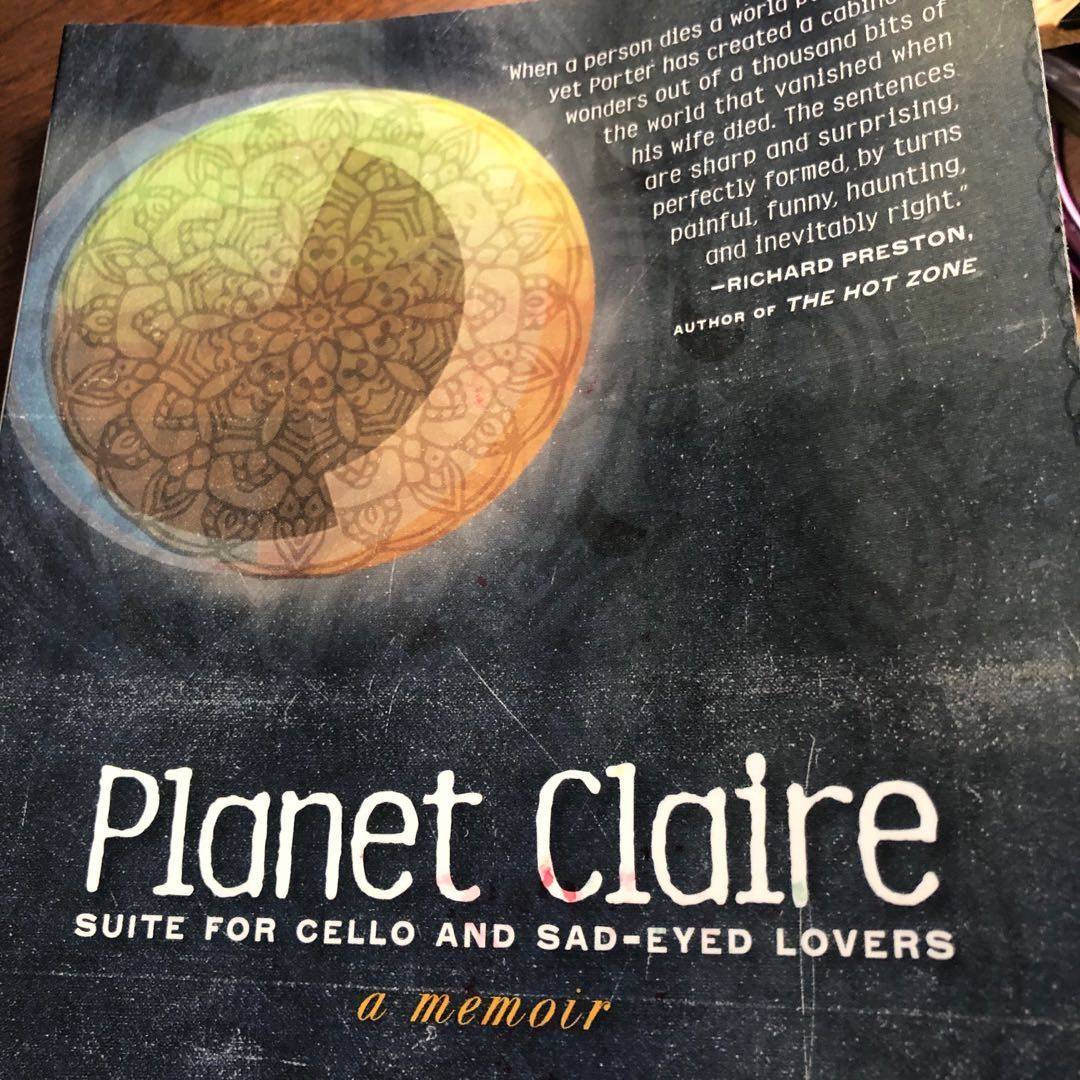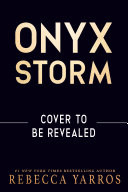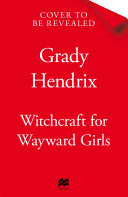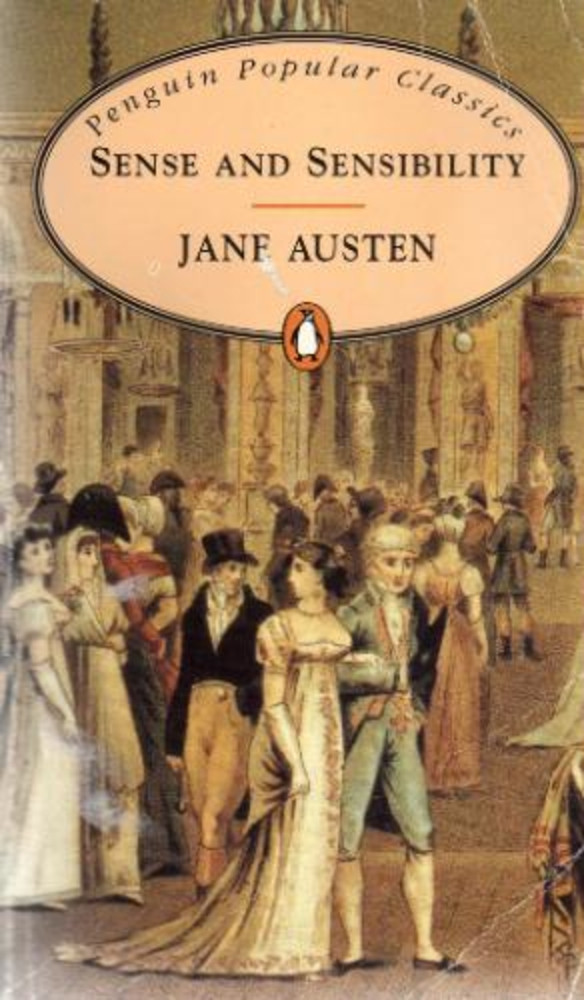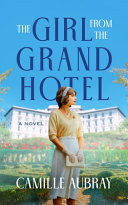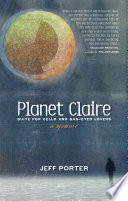Planet Claire: Suite for Cello and Sad-Eyed Lovers | Jeff Porter
The second installment in Ann Hood's Gracie Belle imprint challenges the traditional solemnity that characterizes nonfiction books of grief, loss, and sorrow. �Few readers will fail to be gripped by this tragically common story about death and what comes after for those left behind...A haunting and thought-provoking consideration of death and 'how utterly it rips apart our lives.'" --Kirkus Reviews, Starred review "In elegiac prose, the bereft Porter grieves by reminiscing about the life [he and Claire] shared together...Porter's memoir is a wistful, often painful, but beautifully written account of the trauma of grief, and also embodies the way writing provides solace from the bleak absurdities of life." --Booklist "Jeff Porter has given us an incredibly warm, rich, vivid memoir, a love letter to his deceased wife and an autobiography of love attained and lost. When a person dies a world passes away, yet Porter has created a cabinet of wonders out of a thousand bits of the world that vanished when his wife died. The sentences are sharp and surprising, perfectly formed, by turns painful, funny, haunting, and inevitably right." --Richard Preston, author of The Hot Zone "Jeff Porter indelibly conjures his lost, beloved Claire in a 'spiral galaxy' of memory, while offering the story of a delicious marriage in prose that is elegiac but also gorgeous, funny, and endearingly modest." --Honor Moore, author of The Bishop's Daughter "The pleasure is in the circling intelligence of the memoirist, each gyre bringing us closer to this very specific, endearing individual's life experience and his love for Claire. Paradoxical as it sounds, this book about death and grief is charming, humorous, poignant, and vital." --Phillip Lopate, author of To Show and to Tell "Planet Claire left me awestruck. I don't know how he did it, but on every page of this incredible book, Jeff Porter manages to convey devastating sadness while also being delightful company. His grief does double duty as an almost otherworldly sort of introspection, pulling the reader into a continuum in which time, space, love, loss, art, and nature constantly play off one another until they become one another. This is not just the best grief memoir I've read in years, it's one the best memoirs, period." --Meghan Daum, author of The Problem with Everything Planet Claire is the story of the untimely death of the author�s wife and his candid account of the following year of madness and grief. As his life unravels, Porter analyzes his sadness with growing interest. He talks to Claire as if to evoke a presence, to mark a space for memory. He reports on his daily walks and shares observations of life�s sadness, while reminiscing about various moments in their life together. Like Orpheus, the author searches for a lost love, and what he finds is not the dog of doom but flashes of an intimate symmetry that brighten the darkest places of sorrow. The second title from Ann Hood�s Gracie Belle imprint, Planet Claire takes readers on a journey of sorrow that recalls memorable works by C.S. Lewis (A Grief Observed), Joan Didion (The Year of Magical Thinking), and Julian Barnes (Levels of Life). Porter's memoir, however, is also playful, quirky, and self-ironic in a way that challenges the genre�s traditional solemnity. Like the novel Grief Is the Thing with Feathers by Max Porter, this is an unpredictably funny account of heartbreak, as if to say there�s something about the magnitude of loss that troubles even earnestness.
